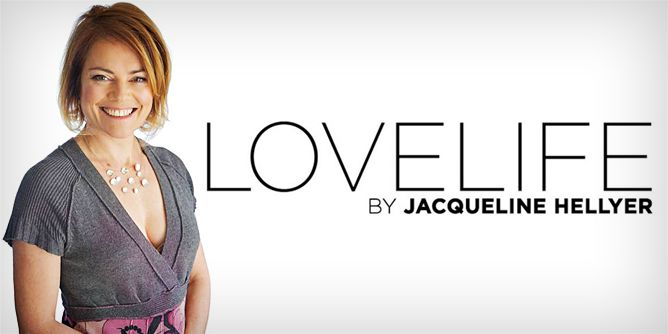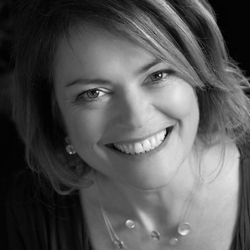Are Humans Monogamous - and if not, what does that mean?

Article originally posted on The Love Life Blog
So carrying on from my previous two posts showing that the old myth of men being naturally promiscuous to sow their seed, and women being monogamous because it’s ‘natural’ for a woman to be less sexual has no basis in fact.
The former because it is a misuse of evolutionary theory, and the latter because it is based on historical suppression of women’s sexuality not their biological reality.
So what is real – are humans monogamous or not? Is monogamy a natural state that all humans gravitate to, or is it a social norm superimposed upon a different biological basis?
Well, it seems that monogamy is not biologically-based, it’s socially based. I can’t go into great depth in a blog post, so I recommend you read the brilliant new book “Sex At Dawn” by Christopher Ryan and Cacilda Jetha. It’s a thoroughly researched and very entertaining read. They look at our biology, at prehistoric remains, at our closest ape relatives, at existing and recent hunter-gatherer societies, and present a very plausible argument that we haven’t evolved to be monogamous, that the concept of ‘possessing’ a partner exclusively is a social development, not a biological one.
This is certainly a view that I had come to based on my own research and observations, clinical and personal; so it was good to see it reinforced by academics who done the proper analytical research.
So if we’re not naturally monogamous, what does that mean for us - that we should all start hanging out at swingers clubs and inviting the neighbours over for a “casual drink’?
Of course not. I’m not talking about going from one extreme to another! What I am saying is that we need to take the issue seriously, not cover it up with fear or power-based morality and narrow-mindedness.
These days we do plenty of things that we weren’t evolved for (such as sitting in front of a computer writing a blog post). But if we go too much against our innate selves, if we start fighting our selves, then we’re in for trouble. To use the computer example I just gave, our bodies have evolved to be active, and overly sedentary people risk obesity, heart disease, diabetes, etc.
So if we aren’t naturally monogamous, forcing ourselves to be monogamous is not going to work. In the past it was avoided by repressing women’s sexuality so severely that it was barely possible to be non-monogamous. But now that women don’t get stoned, or burnt or locked up in mental institutions for being sexual, and now that women aren’t forced to stay in relationships for the sake of economic necessity, what do we find – around 50% of relationships involve infidelity (of which women contribute as much as men), and many many people practice serial monogamy, so while they might not overlap their lovers they certainly do have more than one.
I have come to think that as with so many other aspects of sexually, we’re all on a continuum of monogamy, with some people being completely monogamous and others being completely non-monogamous, and most of us somewhere in-between.
There are people who do manage to have consensual non-monogamous relationships, and that’s fine when it’s done openly, honestly and with continual reflection. It’s challenging, but it is possible. I’ll write more about the different kinds of consensual non-monogamous relationships, and how such relationships can be negotiated, in a later blog.
What I’d like to focus on here, is what this means to people who prefer to be monogamous.
Simply, it means that we have to recognise that it’s not easy to be exclusive with the same person for years on end and have a satisfactory love life with that one person. It is possible though.
Some key points I believe we all need to take on board, whatever our preferred type of relationship is, are:
- Be less judgmental of self and others around relationship preferences and inclinations;
- Be more open-minded about relationship possibilities, if not for yourself, then at least with others, not everyone has to be the same as you;
- Realise that becoming more aware of your own sexuality, and therefore more open, honest and real about yourself, is a very good thing for yourself and for your relationship(s);
- Be more focused on creating an on-going good sex life that includes diversity and novelty.
I would love to see our society develop in a way that is more inclusive of different kinds of sexuality, including varieties of sexual relating. We’ve had a long struggle, which still exists, to open our minds to homosexuality. Now we need to open up to other aspects of sexuality.
Essentially it’s about being real and honest and non-judgmental.
Sounds reasonable, but it’s such a big ask in this society, especially when it’s to do with sexuality.
Still, I live and work in hope…



Likes & Comments
No comments yet